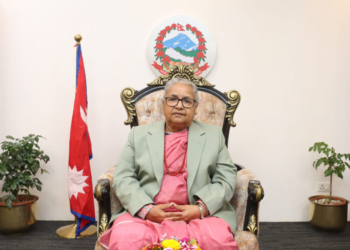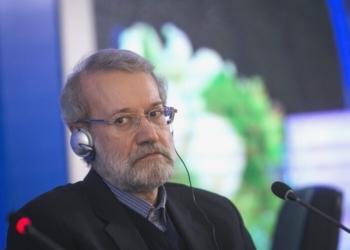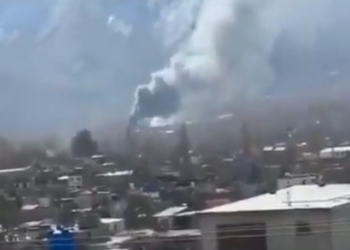New Delhi: The presence of Islamic State (ISIS-K) fighters along the volatile Durand Line between Afghanistan and Pakistan – posing a grave threat to the neighbourhood, including India – has been accepted by the respective administrations but with a narrative that suits individual purposes.
The recent killings of ISIS-K members and so-called commanders in the region have once again raised international concerns, while both countries are claiming to be the target of such elements.
The global community, including the United Nations, has been raising its concerns over the existence of such elements along the porous border across some inhospitable, mountainous terrains.
Recent spurt in hostility, with sporadic armed skirmishes and frequent raids, coupled with renewed debate over the Durand Line itself, has further worsened the situation.
A long-term truce effort, brokered by regional players, failed after Islamabad and Kabul continued to stick to their stand of no compromise on their respective demands.
Thus, instead of a combined, coordinated operation on terror elements along the border, the neighbours are targeting issues at a local level while adopting a narrative suited to their own political ends. Quoting security sources, Afghanistan’s news agency reported on October 29 that Nusrat, also known as Pahlawan Musa and Abu Zar, one of the key figures in ISIS-K, was killed in Peshawar.
The report claimed that he “reportedly played a role in planning attacks in Kabul during 2022 and 2023 and led the group’s ‘Pahlawan’ centre in Pakistan.”
It is alleged that while Islamabad consistently claim that no groups such as ISIS operate within their territory, recent developments suggest that ISIS-Khorasan still maintains safe havens and active networks in Pakistan.
Meanwhile, Pakistan highlighted the killing of Asim Baloch, “a senior ISIS-K commander”, along with a Tajik associate, in Khuzdar, Balochistan, alleging the terror group’s connection with the Baloch uprising.
Such reports also emphasised foreign connections of the ISIS-K, especially with recruits from countries in Central Asia, trying to spread terror in Pakistan, allegedly with Afghan Taliban support.
Reportage has added that areas within Pakistani territory, like Peshawar, Karachi, and Balochistan, are being covertly used as transit or operational hubs for ISIS-K activities.
Asim Baloch was reported to be from the Mastung district in Balochistan, who fled after Pakistani security operations targeted ISIS hideouts in the district.
Reports added that he was killed by unidentified gunmen in Khuzdar, along with a Tajik national who had recently joined ISIS-K and was living with him.
Kabul outlets said that the report of Asim Baloch’s death in early October came a day after another senior ISIS official, known as Hasan, was also killed in Karachi, emphasising the group’s deep roots in Pakistan.
These claimed that Hasan, originally from Peshawar, was known as a facilitator of the group’s attacks inside Afghanistan. Focusing on the regional law-and-order and counterterrorism angle, reports quoting Pakistani sources suggested these killings were part of a broader crackdown on ISIS-K operatives.
Afghan media presented the killings as confirmation that ISIS-K leadership and foreign fighters remain active and mobile in Pakistan, stressing the cross-border threat.
These dispatches often quote military analysts and experts warning about Pakistan’s role or inaction, while Pakistani stories place more on local security sources and investigative reporting.
Differing national narratives complicate bilateral cooperation and intelligence sharing when both sides need to adopt a common framework for investigation and counterterrorism response.
Continued presence of ISIS K leadership or facilitators inside Pakistan suggests a persistent cross-border threat to not only Afghanistan but also poses a grave challenge to regional stability.
Additionally, the reported involvement of foreign recruits underscores ISIS K’s transnational recruitment and operational reach in Central and South Asia.
(IANS)
















